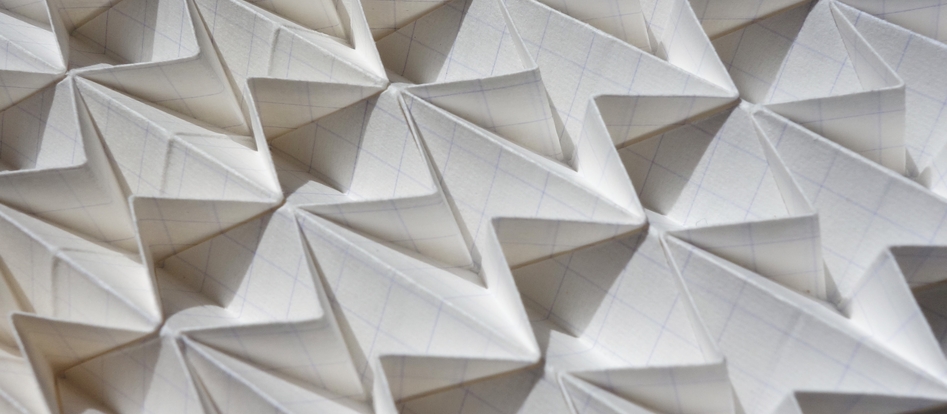How to
package
your artwork

Proper packaging of an artwork is a guarantee of safety during transportation and storage. Packaging an artwork is a very subtle and important point when selling and buying an artwork. For the optimal choice of packaging, it is necessary to know all the detailed characteristics of an artwork: fragility, hardness, weight and dimensions of the work. Based on these criteria, we recommend the following packaging methods:
1. To pack paintings with stretcher bars
First, wrap the painting in plastic wrap, and then place a layer of bubble wrap around it to further insulate the painting from damage. Protect the corners by positioning some scraps of cardboard over them. Once the painting is securely packaged, it should be placed in a suitably sized cardboard or ply wood box.
2. To pack framed painting
To pack the frame, it is imperative to have a solid box made of thick cardboard or a plywood box. Place a layer of foam or your packaging material of choice in the box, creating a layer to rest the frame on. Wrap the frame in bubble wrap and plastic wrap in order to prevent its possible damage to the solid surface of the box.
3. To pack a sculpture
Sculptures, like frames, are highly susceptible to damage. Therefore, a separate box is usually used for each sculpture to prevent damage.
4. To pack art glass and ceramics
Glass and ceramics are one of the most sensitive and fragile materials. For glass and ceramics, layer-by-layer packaging of the lodgement with foam rubber or other pliable material is necessary. The box for a glass and ceramics work should be double and cushioned for no external impact on the work when shaken.
